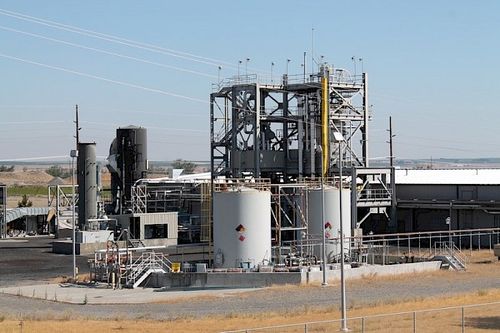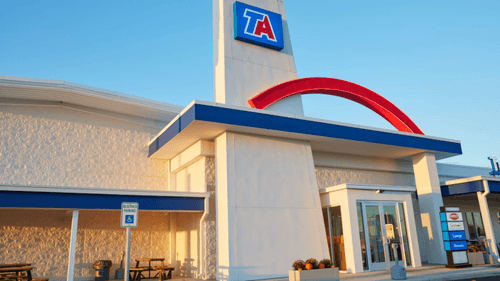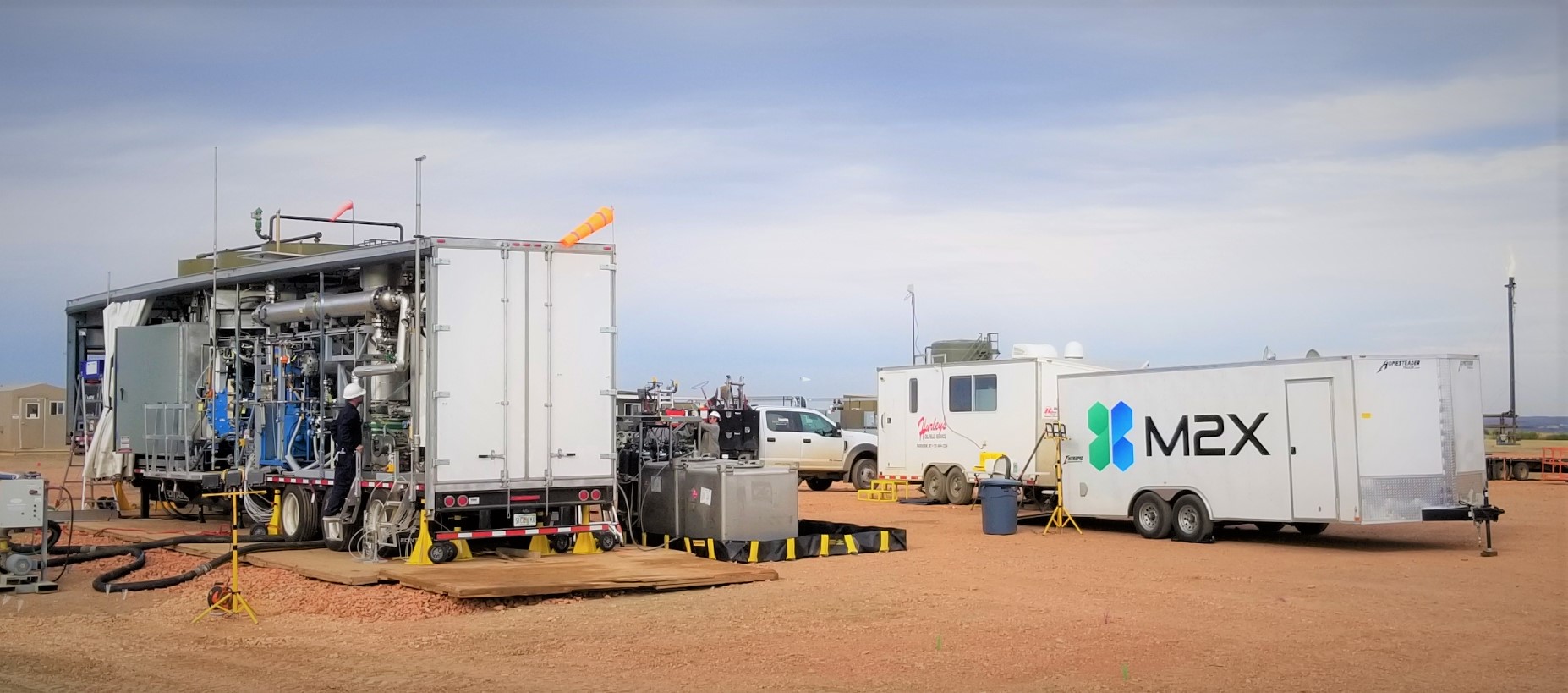Recover, Inc., a Calgary-based waste-to-fuels project developer, is preparing to launch a capital raise for its first US-based projects in West Texas.
The company has lined up CIBC to assist with the capital raise while a large Canadian Crown Corporation is expected to sign on as a lending partner for the debt portion of the cap stack, CFO Shane Kozak said in an interview.
Kozak said he will need to raise $70m – $75m for the West Texas project, which will process waste from oil and gas drilling fluids and recover 800 barrels per day of low carbon intensity diesel fuel from 800 tons of waste.
Existing equity backers Azimuth Capital and BDC will participate in the capital raise, but the company is seeking additional project equity investors to take part in a 60% debt to 40% equity capital structure, Kozak said.
While the cost of the West Texas project is estimated at $55m, the company needs to raise approximately $70m to account for debt servicing and underwriting fees, he added.
Recover has mapped out a strategy to build 20 projects in oil and gas basins across the US, and estimates it will need to raise $500m in external capital over 10 years to fully develop those projects.
Project model
The company already operates a similar facility in Alberta that became operational in 2018, at a cost of CAD 20m and producing about half of what the West Texas project will produce.
“This has been commercially proven in Canada, and we’re going to a better market with a lot more drilling waste production” in the US, Kozak said.
The waste stream from oil and gas drilling contains large amounts of diesel fuel: a typical well will create 400 – 500 tons of waste, 30%-40% of which is recoverable low carbon intensity diesel, Kozak said.
In Texas, the drilling fluid waste often ends up in pits near drilling rigs or in industrial landfills, where it biodegrades over time and emits CO2 and methane into the atmosphere.
“We significantly reduce GHG emissions and create a fuel source that can be reused, and every barrel that we recover is a barrel of fuel that would otherwise have to come from a fossil fuel source,” he said.
Recent changes to Texas policy regarding oil and gas drilling waste could increase the availability of feedstock for the company. The Texas RailRoad Commission, which oversees the state’s oil and gas industry, is seeking to modernize disposal practices that would redirect waste from drilling pits to more centralized industrial landfills.
“The good thing for us is that, in the Permian Basin, about 70% – 80% of the wells use these pits, and our strategy is to build our facility directly on industrial landfills,” Kozak said.
Recover is working with a large landfill management company with operations across the US to develop its facilities, he added. The company does not pay for feedstock, given the synergistic relationship between Recover and the landfill management company.








